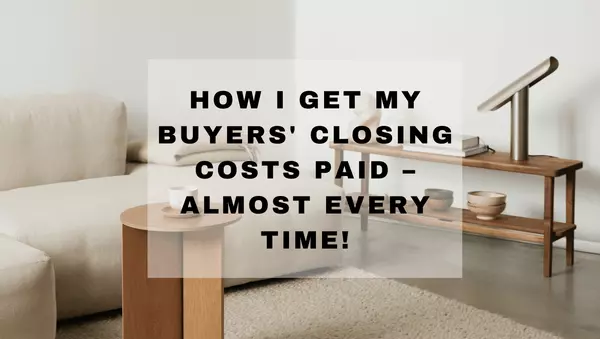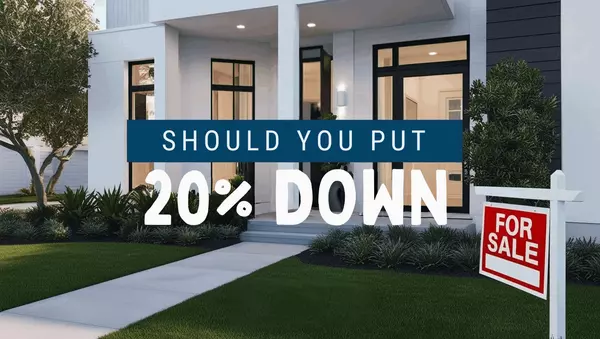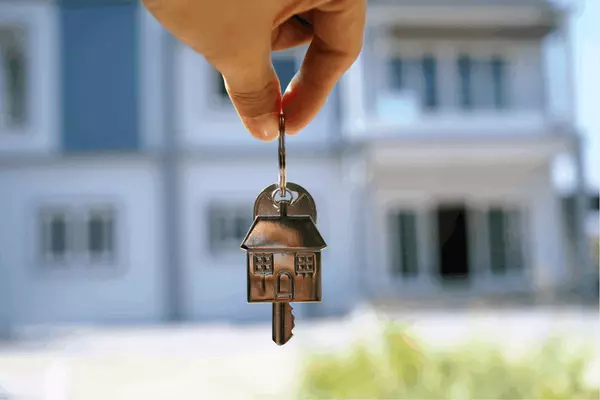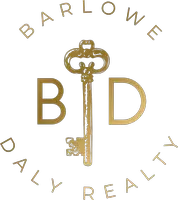

How I Get My Buyers' Closing Costs Paid – Almost Every Time!
How I Get My Buyers' Closing Costs Paid – Almost Every Time! 💰🏡 Did you know that I have an almost 100% success rate in getting my buyers’ closing costs covered by the seller? It’s my specialty! I know how to identify the right sellers and negotiate deals that save my clients thousands at closing.
Read More

Should You Put 20% Down on a Home?
Should You Put 20% Down on a Home? When buying a home, you’ve probably heard that a 20% down payment is ideal. While it does offer benefits like lower monthly payments and avoiding private mortgage insurance (PMI), it’s not a requirement. In fact, many loans allow for much lower down payments—conven
Read More

Honoring Veterans and Their Service: The Power of the VA Loan
As the daughter of a father who served in the Army and the wife of a veteran who was stationed at Fort Sam Houston in San Antonio, Veterans Day holds a very special meaning for me. Growing up in a military family gave me a deep respect for those who serve in our armed forces. My husband's service jo
Read More

A Realtor's Perspective On The Right Time To Buy
As a realtor, one of the most common questions I get asked is: "When is the best time to buy a house?" It’s a question that’s especially pertinent in today’s market, where interest rates fluctuate and the landscape of real estate can shift from one month to the next. There’s no simple answer to this
Read More
Categories
Recent Posts







Owner - Realtor Team Lead | License ID: 758518
+1(210) 216-5241 | sharice@thegoldeneyegrp.com
